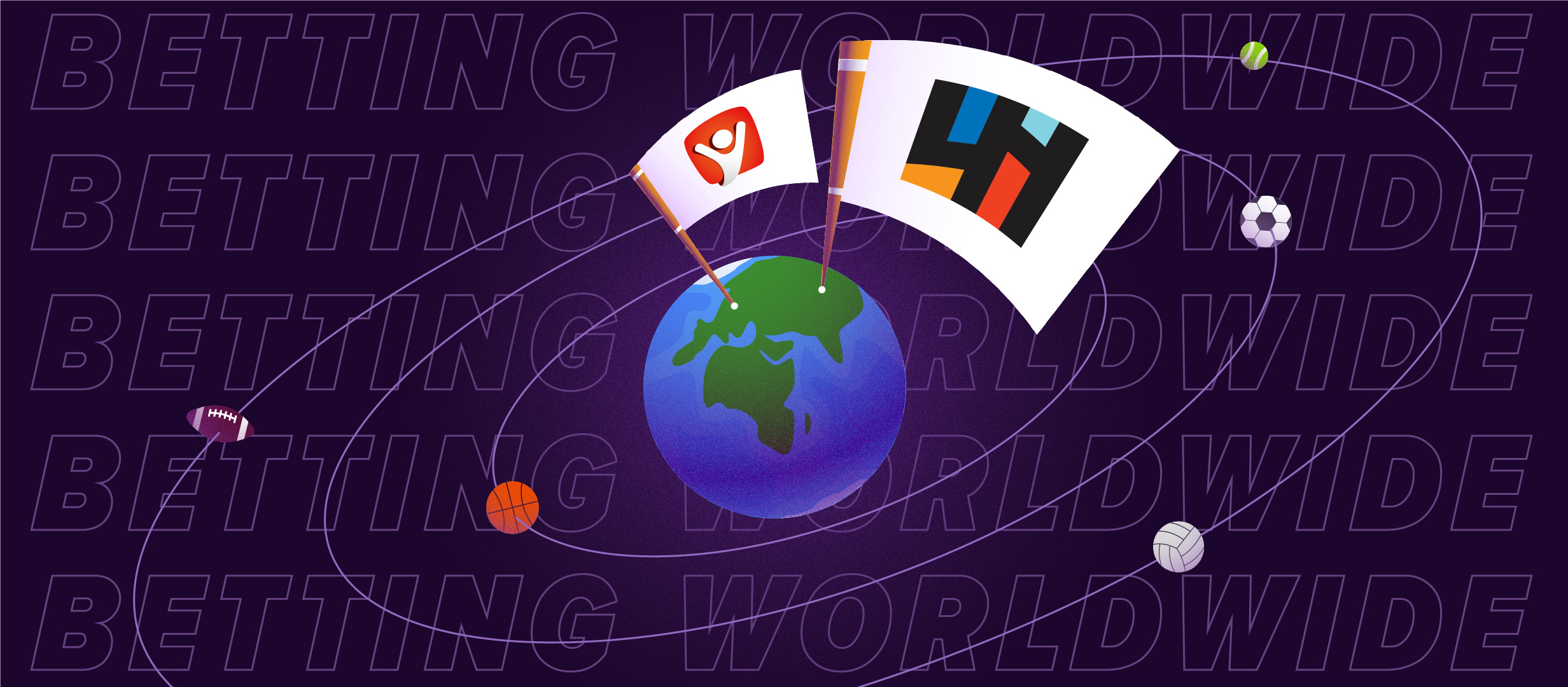Canada makes gambling ad rules stricter, whilst Kenya is to bring back a controversial tax
Legalbet and 4H present the digest of the current gambling events.
Canada
The local Alcohol and Gaming Commission (OAGC) its guidance for marketing standards related to its online gambling regime that launched on the 4th of April. The Commission seeks to clarify rules and standards related to the marketing of ‘inducements, bonuses and credits’ by third parties such as affiliates and media partners that promote Ontario licensed operators. Ontario laws prohibit any ‘public advertising of inducements, bonuses and credits, by operators or media/affiliate publishers, including ‘targeted advertising and algorithm-based adverts’.
Inducements are defined as a promotional offer that encourages a consumer to participate in an online gambling activity, be it through Sign-up offers, Deposit offers, Offers of a reward, Bonus or “Boosted” odds, Refund/Stake-back offers, Multi-bet offers, or Winnings paid on losing bets’. The OAGC will penalise marketing partners for promoting inducements regardless of whether they apply a direct or indirect approach to inform consumers of incentives – be it a bonus code/offer (direct) or by providing general references or informative content (indirect).
Ivan Kurochkin´s comments
The aim of the update is to make Inducements, Bonuses, and Credits requirements more understandable for operators and marketing partners.
As marketing is the main tool for the online operators to acquire new customers and Ontario operators are responsible for the compliance of their marketing partners to follow the updated requirements, we expect that operators will bring their marketing activities in line with the updated requirements trying to mitigate the risk of lowering the number of acquired new customers.
France
French gambling regulator (ANJ) that gross gambling revenue (GGR) for the gambling sector hit €10.70bn (£9.02bn/$11.48bn) in the country in 2021, a rise of 7% compared to Covid-hit 2020. However, this is still slightly lower than the sector’s performance in 2019, which was €11.10bn.
Sports betting is not the market leader here. The French people prefer lotteries. This is the sphere where they spent a lot of money. Casino, poker, Sport betting, and Horse race wagering are far from the main activity. Active player accounts hit an all-time high in 2021, at 5.4 million. Online operators were found to have invested mostly in digital advertising in 2021, with 37% doing so. Television was the second most popular advertising investment, at 31%, while billboards came third with 11% of the total spend.
Kenya
The Treasury of the African country to bring back the controversial 20% tax that made local market leaders Sportpesa and Betin leave the Kenyan market in 2019. Today the tax is 7.5%. The Treasury wants to increase it and add gambling and “prize-winning competitions” to the industries that will be taxed. Now it’s only betting and lotteries that should pay this tax. In an analysis of the bill, professional services firm KPMG said that the government likely sought to use excise taxes to “bridge the revenue gap” caused by growing inflation. In addition to the stake tax, the Treasury also aims to impose a 15% excise on all gambling advertisements.
The first attempt at implementing this tax actually failed. In 2020 the Parliamentary Finance Committee noted that the higher rate had led to lower tax revenue, in part as a result of these market exits. The tax was revoked soon after. However, the Treasury immediately claimed that it was a mistake and that the government would do their best to bring the 20% tax back. After receiving a first reading last week, the 2022 Finance Bill has been submitted to the Departmental Committee on Finance and National Planning.
Ivan Kurochkin´s comments
The Government of Kenya is planning to reimpose a 20% tax on wagering stakes after its two years postponement. This decision raises the same criticism from the active market players that previously named such tax a market killer.
Also, in most cases, rising gambling taxes do not bring the benefits which the government seems to expect – replenishment of the budget. On the contrary, it gives impetus to an increase in the size of illegal operations and therefore LESS revenue than before.
It will be interesting to follow the situation and see how the market responds to such changes.
Further reading:


